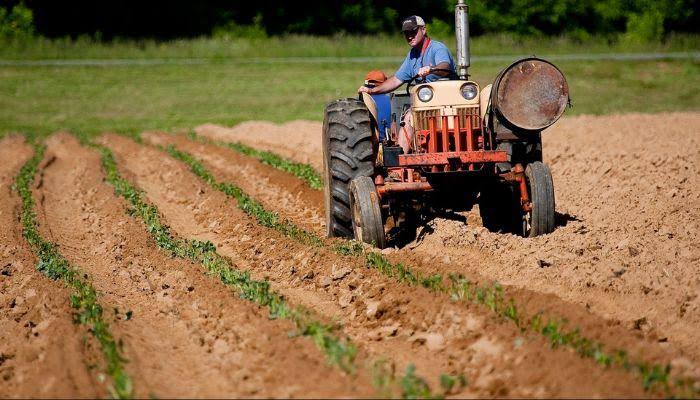FG has secured a $70 million deal to supply 2,000 agricultural machines, including tractors and harvesters, to boost food production in Nigeria.
The equipment will be assembled locally, with training and support provided.

In January 2025, the Federal Government and AGCOMS International Trading Limited, a sub-dealer of John Deere, sealed a $70 million agreement to modernise Nigeria’s agricultural sector.
The deal will supply 2,000 pieces of mechanised equipment, including tractors, ploughs, planters, trailers, and 100 combined harvesters, with the goal of boosting food production and security.
At the signing ceremony, Minister of Agriculture Abubakar Kyari emphasised the government’s commitment to tackling food security challenges by introducing modern farming equipment.
He explained that the initiative would not only increase food production but also create jobs and attract young people to agriculture.
Read Also: Why First Bank Shareholders Are Blocking ‘Bizarre’ ₦350bn Private Placement
This comes at a crucial time, as the sector faces a decline in younger workers due to the labour-intensive nature of traditional farming.
NADF Executive Secretary, Mohammed Abu, outlined how this project aligns with President Bola Ahmed Tinubu’s vision to diversify the nation’s economy through mechanisation.
Local teams will assemble the tractors and other equipment, while trainers will provide support to ensure sustainability.
Additionally, the Nigerian Ports Authority has partnered to streamline the delivery and distribution of equipment across the country.
Country director for AGCOMS, Chijioke Okoli, pointed out that the success of the programme depends on more than just the delivery of equipment.
He stressed the importance of training local technicians and providing continuous product support to ensure the equipment’s long-term effectiveness.
This project marks a transformative moment for Nigeria’s agricultural sector, with far-reaching implications for food security and economic growth.
